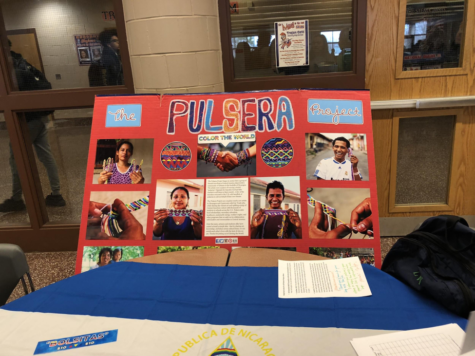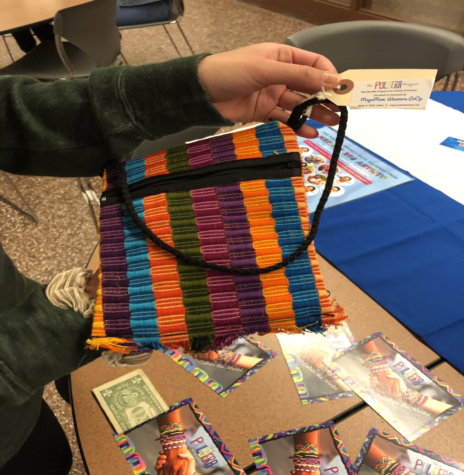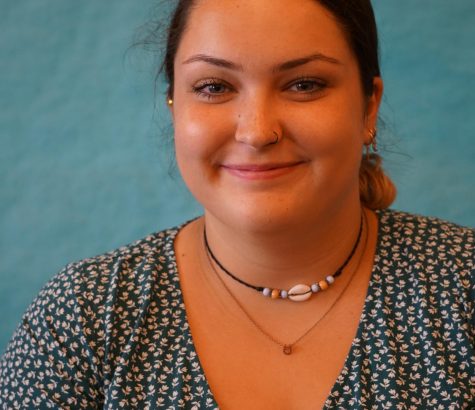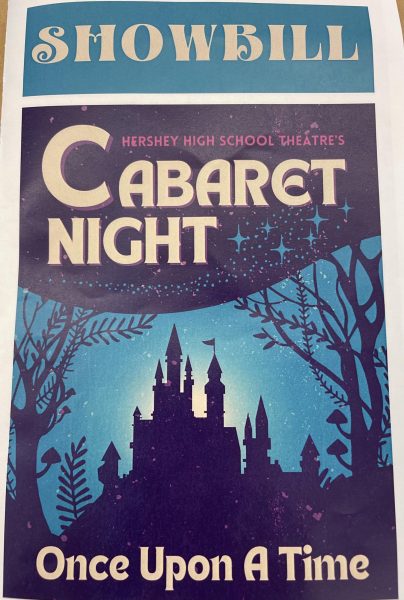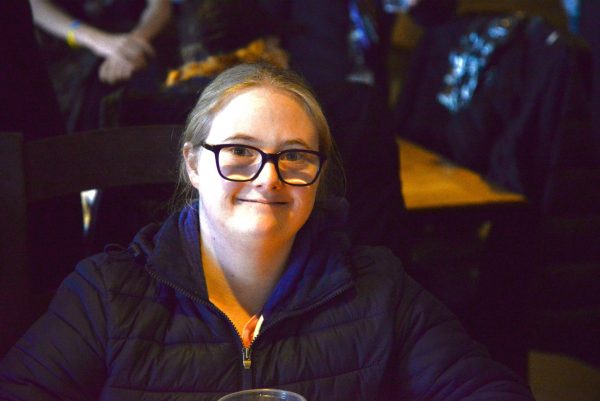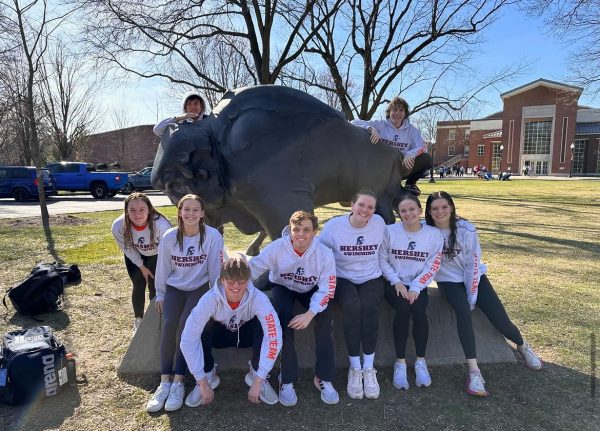HHS Spanish Club Aids Pulsera Project, Hershey Story Museum
May 8, 2018
They are adding color to the world one bracelet at a time.
The Pulsera Project is a nonprofit organization that unites Central American artists with U.S. students through the sale of colorful handcrafted bracelets, or “pulseras,” in North American schools; schools like Hershey High School for example.
HHS Spanish Club has been working with these artist for a few years now, in hopes to decrease the number of factory workers in places like Nicaragua and Guatemala. The hope is that by selling these woven bracelets and bags, families that work in dangerous factories can sustain a living from the sales of the bracelets in schools. If this project didn’t exist, the alternative for many families would be working immensely long hours ‘Zonas Francas’, or “sweatshops.”
More than 150,000 Nicaraguans and Guatemalans work in these ‘Zonas Francas.’ These factories are known to have terribly unhealthy and dangerous conditions to work in, and seldom present opportunity for higher education or advancement and rely on uncostly, replaceable labor to operate and retain revenue. But now, with the help of The Pulsera Project, these ‘Zonas Francas’ don’t have to be a reality for many Central American families.
Funds raised from the sale of pulseras benefit pulsera artists and their communities through the increase of employment, education, and empowerment.
“The Pulsera Project is based from a Spanish speaking country, and it helps with Fair Trade. We are providing people with an alternative to being stay-at-home-moms and/or working in sweatshops. Not that being a stay-at-home-mom is bad, but it’s the possibility of a choice that counts.” said Laurel Fleszar, first year Spanish Club member.
Not only does the Pulsera Project benefit these families, but it also gives many U.S. students the chance to learn about Free Trade, social issues in Latin American countries, and promote global citizenship from within classrooms.
The Pulsera Project began in 2009 with students eager for experience while on winter break. They were keen on helping people and enriching their cultural exposure, and thus The Pulsera Project was born.
Today the project is a registered U.S. non-profit organization that supports many young people. It also works with more than 150 adult artists native to many regions within Nicaragua. The Pulsera Project also works with independent artist groups such as Mayamam Weavers and the Sanik Group.
Recently the Pulsera Project has started working with Guatemalans.
The project shares their handmade bracelets with more than 2,100 school in the U.S.
The HHS Spanish Club has also been part of another project this year. They taught guides at the Hershey Story in downtown Hershey how to pronounce words for a Hershey, Cuba exhibit they were holding about Milton Hershey’s time in Cuba, so the guides had the most accurate and authentic pronunciation of the spanish words in their presentation.
Although enjoyed the Hershey Story project, they prefered The Pulsera Project because they felt it was making more of a difference.
“The Hershey Story project was fun,” said Fleszar.
Although it is not organized by the Spanish Club, students that take Spanish also have the opportunity to visit Costa Rica for two weeks this summer.
The Pulsera Project provides a great opportunity to teach U.S. students the value of getting involved in projects such as this, while also providing a job alternative to dangerous, low paying sweatshop jobs. The Spanish Club is taking part in making a difference in the lives of families and workers they don’t know, just for the experience of helping.
One of the core values of the Pulsera Project is to “believe in and promote the value of service to others.”
